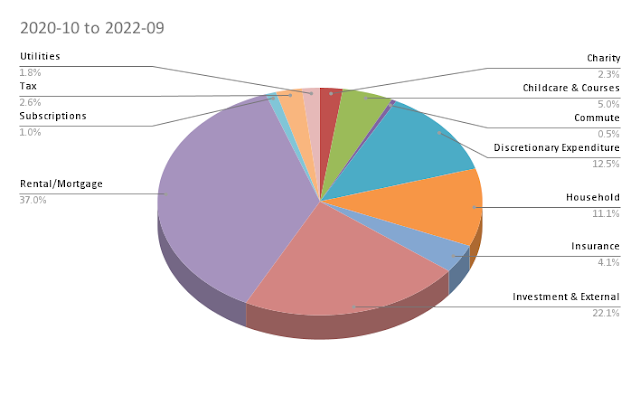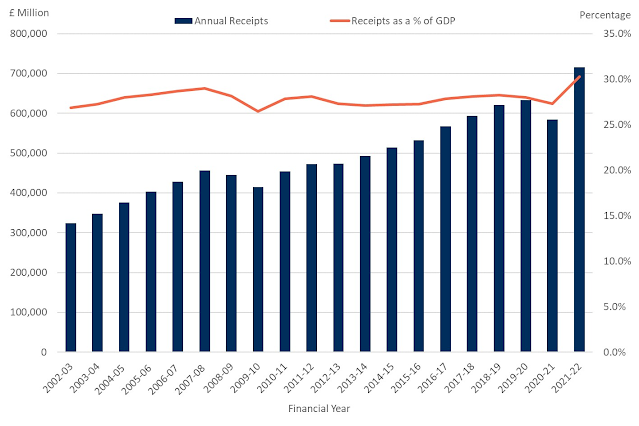Nobel Laureate Paul Krugman recently wrote about Bitcoin recently and got a lot of pushback. His thoughts from a 1998 piece talking about Internet is brought up as a way of discrediting Paul Krugman. That approach is childish on its own and prevents a mature discussion on topics of today, specifically Bitcoin. However, shooting the messenger, not the message is a very common response these days, so it is hardly surprising.
Coming back to the article Krugman wrote, he asks many questions and offers only one projection - that we can't conclusively claim that something isn't a bubble just because it hasn't popped. The quote that is perhaps being blown out of proportion is
"Why are people willing to pay large sums for assets that don’t seem to do anything? The answer, obviously, is that the prices of these assets keep going up, so that early investors made a lot of money, and their success keeps drawing in new investors."
There is nothing even remotely controversial about this. Further he goes on to say (based on the characteristics of the price action and price action only, in the scope of the article):
"This may sound to you like a speculative bubble, or maybe a Ponzi scheme — and speculative bubbles are, in effect, natural Ponzi schemes. But could a Ponzi scheme really go on for this long? Actually, yes"
Again, nothing controversial here.
He is further vilified for thinking bitcoin is not needed because we have credit cards. Paul Krugman was right - this was in 2015. However, what he said then is still true.
Here are few further things to ponder on, w.r.t Bitcoin:
Bitcoin Utility
Bitcoin and some other cryptos continue to suffer from a confusion between whether they are medium of exchange or store of value. Bitcoin supporters believe that it is both. Sadly it isn't.
No modern asset class has proven to be both store of value and medium of exchange. We use cash for coffee; stocks (or bonds, or gold, or property) to store value. We don't store wealth in cash and we don't use Apple stocks to buy Macbooks. If you have a modern asset that serves both purposes, please let me know and I am happy to revise my position.
What if Bitcoin can magically be both? That's the dichotomy. People are buying Bitcoin because it is going to be valuable tomorrow (store of value) and not to pay for good and services. If they were to use it as medium of exchange, then the perception that it will be more valuable tomorrow is actually a problem.
The reason we use cash to trade it for something (either investments or goods and services) is because there is no incentive for holding it, at least in long term. This is built into modern economy and hence helps us keep nothing in cash but consume it. If the incentive were to be reversed, suddenly you have a currency no one is willing to part with, breaking modern economy. This is a problem with all non-subsistence economies, which you will agree, is where we want to be.
As a Medium of Exchange
Bitcoin hasn't made enough attempt to be a medium of exchange. I once heard Vitalik Buterin in a talk - he talked about how Bitcoin was doing 3 transactions per second, Ethereum 7 tps and Amex had capacity 2500 tps and crypto needs to scale up heavily if there were to challenge modern finance. This was in 2017.
Fast forward to 2021, and that number hasn't budged. Bitcoin has moved to 7 tps, Ether to 15. Meanwhile US credit cards alone do 5000 at peak without breaking a sweat. The architecture is simple and can be easily scaled horizontally.
In 4 years, the crypto world hasn't broken past the credit card rate of growth in transactions and they have a long way to catch up. So, how would Bitcoin aspire to become a medium of exchange?
Government and Taxation
Krugman brings up the topic of taxes. Fiat currency works because it is backed by someone (Government) who is willing to provide you services in exchange for taxes. If we move to currency not acceptable as legal tender, then how do we pay for that? Presumably, Governments can move to bitcoin. However, why would they want to do it when controlling the currency (easing, tightening) is an important arsenal in their powers? Monetary flexibility is a feature, not a bug. If you think it is a bug, it would be good to think through solutions to problems today Governments can solve by monetary policy.
Price and Utility
The price of bitcoin hasn't moved in correlation to the utility it provides (transactions per second, or something of that sort, given it is a non-cash flow generating asset).
When an asset moves up uncorrelated to its utility by a large extent, we call it a bubble. Think of property price going up without either rents going up or interest rates changing - that is likely a bubble. When Apple goes up 10x but earnings only go up 1.1x that is likely a bubble. (There may be extenuating circumstances, but I am simplifying for the sake of argument).
Same way, if Bitcoin goes up 10-20x, without its utility or underlying value changing, we have to at least give some credit to the argument that that might be a bubble too. We may not like it, but it doesn't automatically make the argument weaker.
In Summary
I know Paul Krugman hasn't said it in as many words, and he probably would ask a different set of questions than I do, but I am just offering commentary of my own here - parallel but likely aligned.
I am not purporting that any of the above (that Bitcoin is a Ponzi) is necessarily true. All I am purporting is that Krugman cannot be discredited for following this line of thinking. Things can change between now and 2050 that might make this reasoning wrong in hindsight, but looking at it now, this isn't wrong.
As Krugman asks - “What problem does this technology solve? What does it do that other, much cheaper and easier-to-use technologies can’t do just as well or better?”
Easy to say "Distributed Finance" but difficult to cut through to the next level and think this through to completion.
As a parting thought, try and shoot the message next time, not the messenger. The messenger could have brought a creditable message for you.



Comments